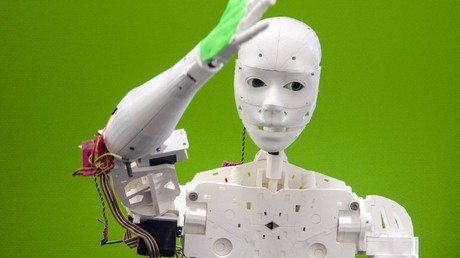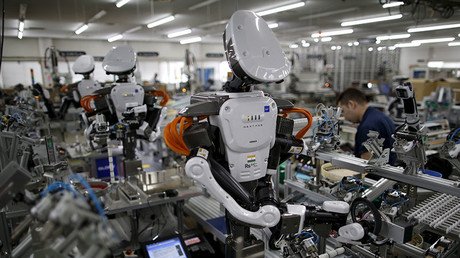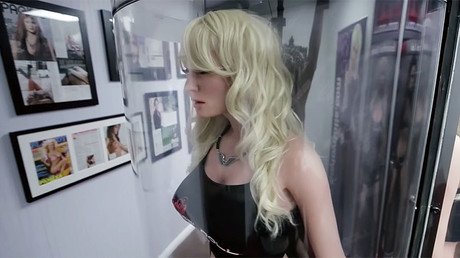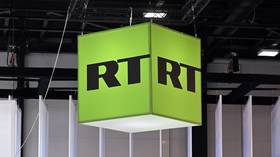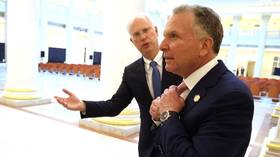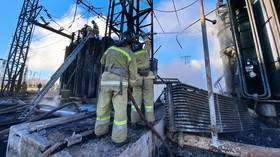Don’t fear robot takeover, says AI pioneer
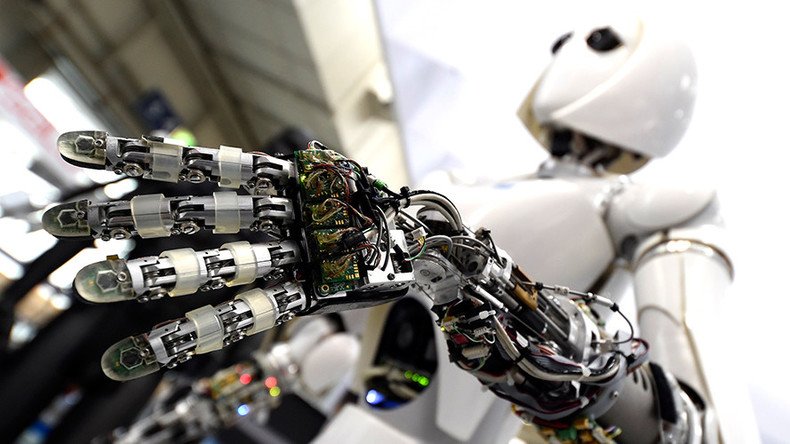
Humans have nothing to fear from artificial intelligence (AI), a pioneer in the field says, who believes concerns about an apocalyptic world run by robots is overblown.
Deep Mind, Google’s AI subsidiary, has created AI that can mimic the short-term memory of the human brain and technology to help doctors improve how illnesses are diagnosed and treated.
“I don’t think it’s very helpful for other people who are incredible in their domains commenting on something they actually know very little about,” says Demis Hassabis, Deep Mind’s CEO, the Times reports.
“But because they are quite big celebrities now, more than just scientists or businessmen, it gets picked up a lot.”
Elon Musk, the head of SpaceX and OpenAI, and Bill Gates, Microsoft’s co-founder, are among those who fear that AI could pose a threat to mankind.
Famed physicist Professor Stephen Hawking has also raised his concerns about robots. Earlier this month he pleaded with world leaders to keep technology under control before it destroys humanity.
“Technology has advanced at such a pace that this aggression may destroy us all by nuclear or biological war,” he said.
Hassabis told an event organized by the Cambridge Society for the Application of Research: “There are some valid worries and I think these are research questions of vulnerability and interpretability, but I think this general theme of fearfulness doesn’t help reasoned debate.
“It actually drives the debate away. I’ve told all of those people you mentioned [Musk and Gates] that it’s not very helpful. Some of them have moderated their comments, but others haven’t.”
Deep Mind has sought advice from philosophers, mathematicians and digital engineers on how to build a machine that will not run out of control.
Hassabis believes the real danger would come from a self-improving “seed” AI that would understand and rewrite its own source code without any human oversight.
Last year it was revealed a Deep Mind and Royal Free NHS (National Health Service) deal on the management of acute kidney injury saw patient data shared and used without explicit consent.
The agreement shows Deep Mind gained access to 1.6 million patients’ information on admissions, discharge and transfer, including personal details such as whether patients had been diagnosed with HIV, suffered from depression or had ever undergone an abortion.
Bricklaying bots
Although robots may not be on the brink of destroying mankind, they could be about to destroy British construction jobs.
Robo-bricklayers will arrive on building sites around Britain over the next few months, raising fears that thousands of jobs could be under threat.
The device, Sam (Semi-Automated Mason), which has already started replacing humans on a handful of sites in the US, is capable of laying up to 3,000 bricks a day compared with the human average of 500.
“We are going to be going over to the UK in the coming months to meet with some companies and see if we can find a home for Sam there,” company president Scott Peters told the Times.
Although the robot needs to be closely supervised, it has the ability to pick up bricks, apply mortar and lay them. Human workers still need to set up the robot, supervise health and safety, and assist with laying bricks at difficult angles.
Last week, a report claimed millions of jobs in the UK are in jeopardy because of robots taking over. According to consultancy firm PricewaterhouseCoopers (PwC), up to 10 million jobs are at risk of being replaced by machines within 15 years.
The UK Economic Outlook report claims jobs in the transport and storage sector are more likely to go.
Development in automation, however, does not mean a direct rise in unemployment, the report says, as it increases productivity, which in turn generates more wealth and jobs in different sectors.
The report also says automation may allow workers to take on jobs that are more rewarding and less mechanical.
